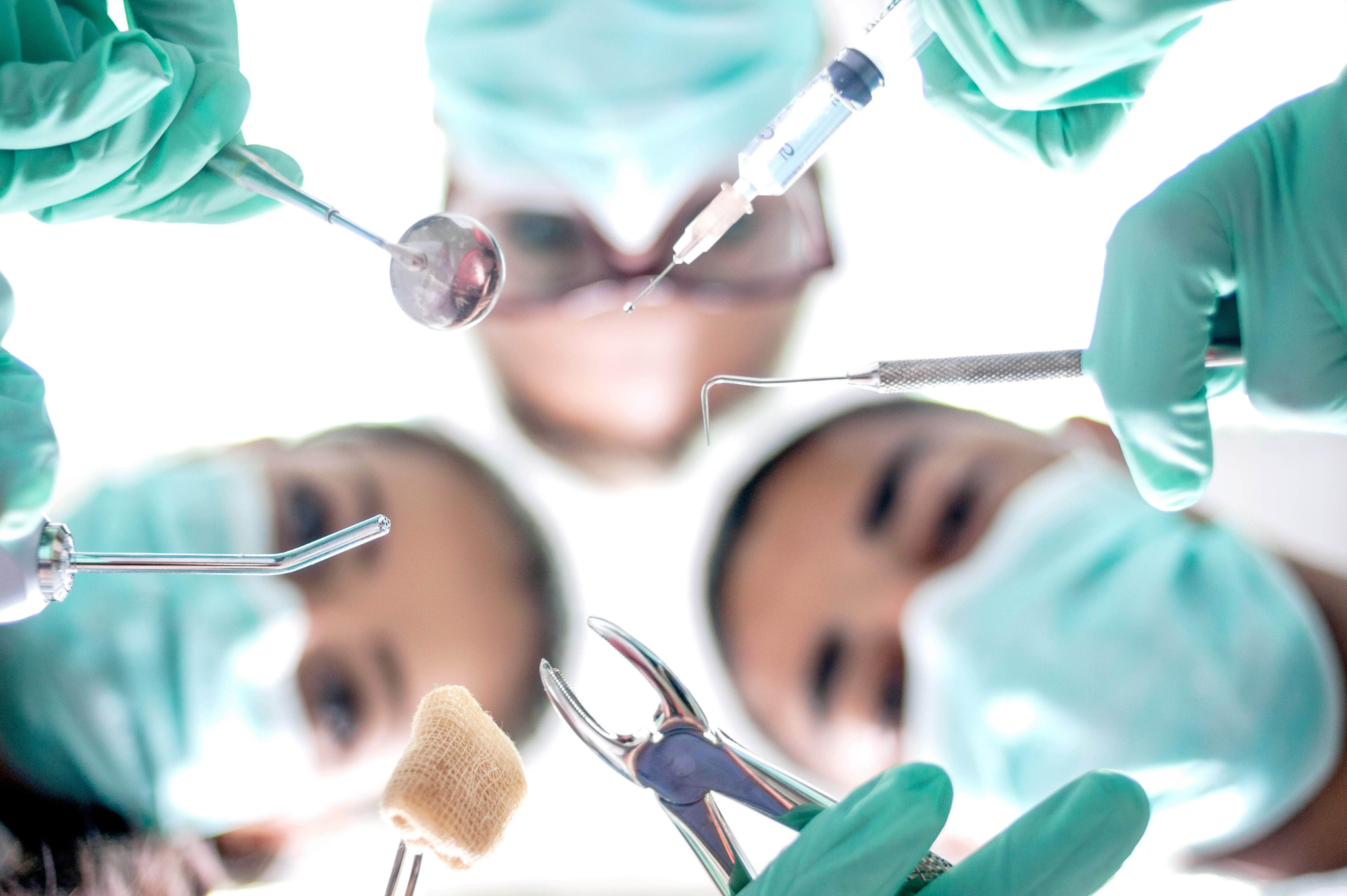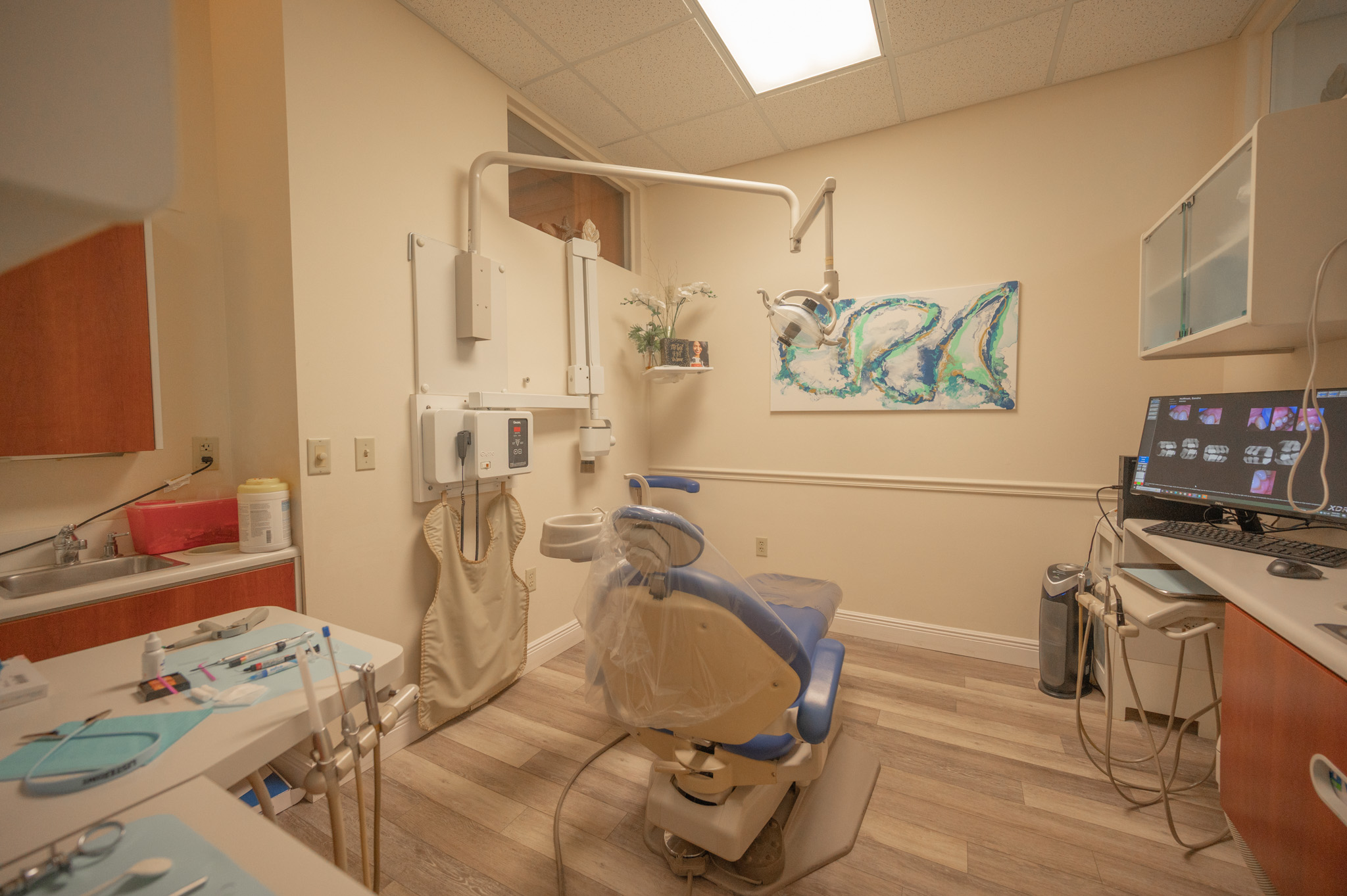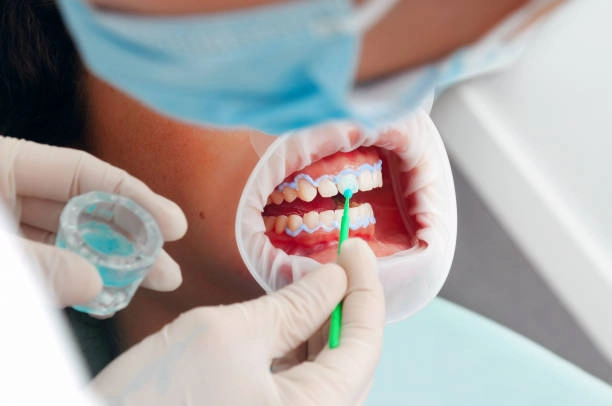Oral surgery recovery requires good care after the operation to help you heal, reduce pain, and stop problems. Recovery might sound simple, but even small missteps can delay healing or cause complications. At Creekside Dental Excellence, we have found the most common mistakes to avoid. This will help you get through this time with ease.

Common Mistakes to Avoid
1. Ignoring Hydration
Staying hydrated is essential for flushing toxins, reducing inflammation, and maintaining tissue moisture. Not drinking enough water can lead to dehydration, slowing healing and increasing the risk of dry socket. Aim for 8–10 glasses daily, sipping slowly to avoid irritation. Avoid straws, carbonated drinks, and alcohol, which can dislodge blood clots or irritate sensitive tissues.
2. Skipping Rest
The rest is non-negotiable during oral surgery recovery. Overexertion—like heavy lifting, bending, or strenuous exercise—can dislodge blood clots, prolong bleeding, or worsen swelling. For the first 24–48 hours of recovery, prioritize downtime and keep your head elevated using extra pillows. Even light activities like walking should wait until your surgeon clears you.
3. Poor Oral Hygiene Practices
While it’s tempting to avoid brushing due to discomfort, neglecting oral hygiene risks infection and bad breath. Follow your surgeon’s instructions:
- Avoid brushing the surgical site for the first 24 hours.
- Gently rinse with saltwater (½ teaspoon in 8 oz warm water) to clean debris without disturbing clots.
- Resume brushing with a soft-bristle toothbrush once cleared, focusing on unaffected areas.
4. Disregarding Dietary Guidelines
Hard, spicy, or acidic foods can irritate wounds and delay healing. Common mistakes include:
- Eating nuts, chips, or raw vegetables too soon.
- Consuming hot liquids or sugary drinks promotes bacterial growth.
Stick to soft, cool foods like yogurt, mashed potatoes, and smoothies for the first few days.
5. Using Straws or Spitting
The suction from straws or vigorous spitting can dislodge blood clots, leading to dry socket—a painful condition where bone is exposed. Avoid these actions for at least 3 days post-surgery. If you need to rinse, gently tilt your head and let fluids drip out without force.

6. Smoking or Alcohol Consumption
Smoking and alcohol are two of the biggest threats to smooth healing:
- Smoking reduces blood flow, delays healing, and increases the risk.
- Alcohol irritates wounds and interacts with pain medications.
Avoid both for at least 24–48 hours post-surgery.
7. Skipping Medications or Follow-Ups
Ignoring prescribed medications—like antibiotics or pain relievers—can lead to infection or prolonged discomfort. Similarly, missing follow-up appointments prevents your surgeon from monitoring healing and addressing early complications.
8. Overlooking Stress Management
Stress can slow healing by suppressing immunity. Practice relaxation techniques like deep breathing or meditation to reduce anxiety. A calm environment also aids recovery—prioritize quiet, low-stimulation spaces for rest.

9. Returning to Normal Activities Too Soon
While light walking is acceptable, heavy lifting, bending, or strenuous exercise should wait until your surgeon approves. Premature activity risks bleeding or clot dislodgement.
10. Ignoring Signs of Complications
Watch for red flags like excessive bleeding, fever, pus, or trouble swallowing. These may indicate infection or dry socket, requiring immediate care.

Recovering from oral surgery demands patience and adherence to guidelines. By avoiding common pitfalls—like neglecting hydration, skipping rest, or ignoring dietary rules—you’ll minimize risks and ensure a smooth, successful outcome. At Creekside Dental Excellence, our team is dedicated to guiding you through every step, from pre-operative planning to post-surgery care.
Your recovery matters; don’t leave it to chance. At Creekside Dental Excellence, we’ll guide you through every step. Reach out today to schedule a personalized post-surgery care consultation.
Frequently Asked Questions
1. Why is hydration important during oral surgery recovery?
Hydration is very important for recovery after oral surgery. It helps get rid of toxins, aids the healing process, and stops dry socket from happening. Experts in Florida suggest that you drink water often. It is best to stay away from straws and carbonated drinks. They can damage the healing areas after dental surgery and cause problems.
2. How much rest do I need after oral surgery?
Rest is very important in the first 24 to 48 hours of oral surgery recovery. If you do too much activity, it can lead to bleeding or knock out blood clots. Experts in Florida say you should stay home, keep your head up, and avoid exercise. This helps your mouth heal well and keeps any pain down.
3. When can I brush my teeth after dental surgery?
During oral surgery recovery, wait a day before brushing close to the surgery area. Providers in Florida suggest rinsing gently with saltwater. Use a soft toothbrush and try not to disturb the healing parts. Keeping good hygiene helps healing and stops infection, which is important for good outcomes after dental surgery.
4. What foods should I avoid after surgery?
During oral surgery recovery, stay away from hard, spicy, or acidic foods that could bother your wounds. Florida dental teams suggest eating soft, cool foods like yogurt or mashed potatoes. Skip chips, raw vegetables, and hot drinks to keep the surgery area safe and help you heal faster.
5. Why can’t I use a straw after surgery?
Straws can create suction that may remove clots and slow down healing oral surgery recovery. Experts in Florida say using a straw might cause dry socket, which can be very painful. After dental surgery, drink from a cup and do not rinse or spit hard for at least three days.
6. Can smoking or drinking harm healing after surgery?
Yes, both can interfere with oral surgery recovery. Smoking lowers blood flow. Alcohol can upset tissues and does not mix well with some medicines. Florida dental teams highly recommend staying away from these for 24–48 hours after surgery. This helps avoid problems and supports a smooth healing process.
7. What are the signs that something is not right after surgery?
During oral surgery recovery, watch for signs like fever, pus, ongoing pain, or swelling. These signs could mean an infection or a dry socket. Florida dental experts want patients to reach out to their dental provider immediately if these symptoms show up. This will help get the right treatment and avoid more problems.






